Dr Franca Attoh, an Associate Professor, Department of Sociology, University of Lagos, has tasked journalists to focus and report objectively on issues bordering on Gender Based Violence (GBV), harmful practices in a bid to end the menace in the society.
Attoh gave the task on Tuesday in Lagos while presenting a paper on Journalism, Development and Ethical Issues at four-day training on Gender Based Violence (GBV) in Lagos, themed, “Sensitive Reporting and Investigative Journalism.”
News Agency of Nigeria (NAN) reports that the training was organised by The UN Educational Scientific and Cultural Organisation(UNESCO), under its Spotlight Initiative aimed at eliminating all forms of Violence Against Women and Girls (VAWG).
She listed the core values of good journalistic practice to include honesty, diligence, accountability, fairness, independence and objective in reportage.
“The emergence of ethical journalism has become central to all newsrooms and it is the cornerstone of a new journalism that supports society’s development and the integrity of communication.
“Therefore, journalism should be a veritable tool to impel development.
The duty of the journalist is to be the watch-dog that protects the citizenry from the antics of politicians.
“He or she is the gate keeper and the conscience of the society by reporting the facts as they stand,’’ she said.
The don also stressed the need for the media to be up their game by concentrating more on investigative reportage, which she said would aide in fighting the scourge of harmful practices and GBV.
“Our goal is to report GBV in the best possible way and the methodology to deploy is investigative journalism.’’
Attoh also advised journalists to be inquisitive, factual have evidence and work within the ambits of law, while investigating any story, particularly on harmful practices and all forms of violence.
Dr Sharon Omotoso, lecturer on Gender Studies, Coordinator, Women’s Research and Documentation (WORDOC), University of Ibadan while presenting on “Patriarchy, Exclusion and Sexist Practices’’ also advised media to use neutral terms and avoid assumptions about gender roles and stereotypes.
Omotoso, who also lectures at the Institute of African Studies in the university said: “The media exposes how certain people, values and norms in the society are perceived. They are also capable of changing the views and perceptions of a society about a thing or a concept.
“For the media to accurately mirror our society, to produce coverage that is complete and diverse, it is critical that the news reflect the world as seen through the eyes of women as well as men.’’
Dr Zubairu Attah, a Consultant and Specialist on Gender Issues, who presented paper entitled, “Situating Gender in the Context of Journalism and Development’’, emphasised the role of the media toward ending gender violence.
According to him, the media is also charged with the responsibility of promoting equality and inclusiveness in governance.
“It is a problem which we all must tackle as impact change champions who encourage and exhort the state and sections of society to address the inequalities and barriers that face our development.’’
NAN reports that 33 participants, drawn from each of the six geo-political zones from Adamawa, Lagos, Ebonyi, Cross River, Sokoto, and FCT among others are attending the workshop. (NAN)
NAN

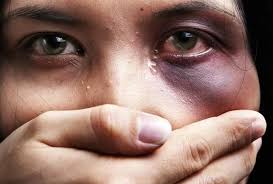
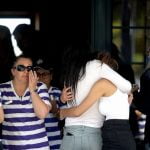
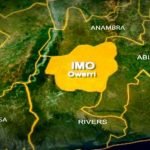
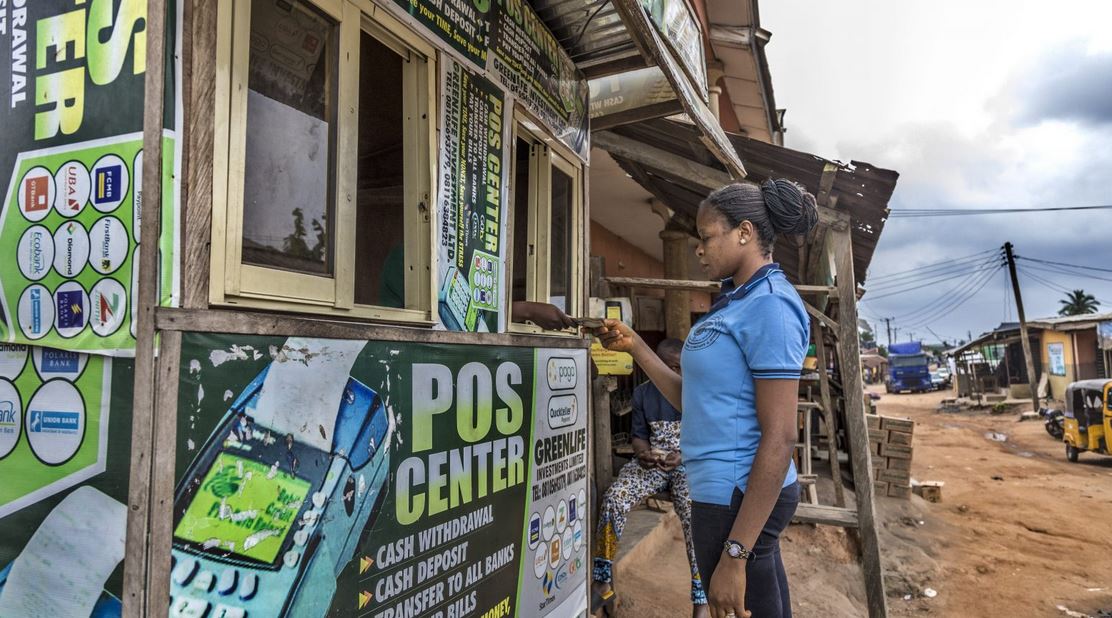
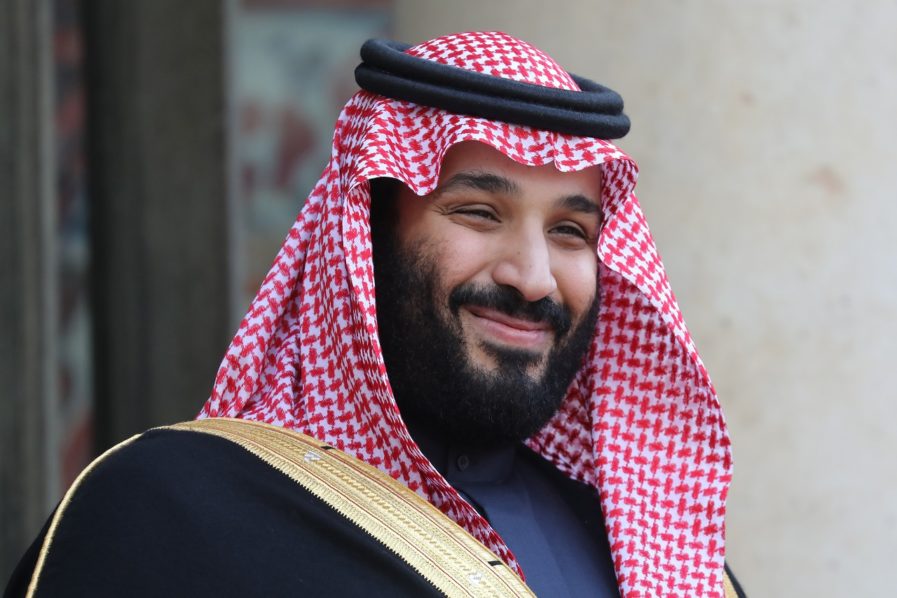

2 Comments